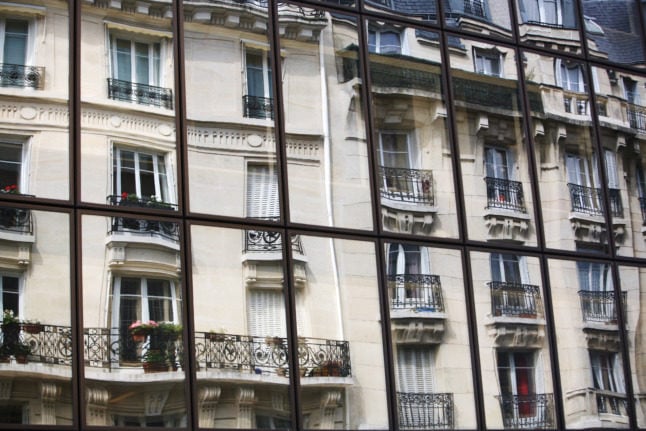The newspaper Le Parisien has published a list of ten towns in the Ile-de-France region of France with the largest proportion of high-income residents.
The figures reveal that the majority of the richest communes in the Paris region are situated to the south-west of the capital.
Le Parisien calculated the proportion of households in each commune who earned over €100,000 in 2018.
While here were 880,000 households that fell into this category across the country, representing 2 percent of households nationwide, there were some 329,000 in the Île-de-France region alone, according to the report.
READ ALSO: Paris loses title as world’s most popular city among millionaires
Three Parisian arrondissements were present in the top ten: the 7th, 8th and 16th. The largest proportion of high-earners is to be found in the small town of Saint-Nom-la-Bretèche in the Yvelines department, however.
In second place is Neuilly-sur-Seine, the setting for the 2009 comedy Neuilly sa mère !, about a teenager who moves from a housing estate to live with his aunt in an upscale neighbourhood.
Here is the full list, with the percentage of taxable households earning over 100,000 euros:
Saint-Nom-la-Bretèche = 27.4%
Neuilly-sur-Seine = 25.1%
Feucherolles = 23.9%
Fourqueux = 23.7%
Paris VIIe = 23.3%
L’Etang-la-Ville = 23%
Paris VIIIe = 22.8%
Le Vésinet = 22.6%
Mareil-Marly and Paris 16th = 20.9%
Vaucresson = 20.7%
READ ALSO: Where are the richest and poorest parts of France?



 Please whitelist us to continue reading.
Please whitelist us to continue reading.
How did Marne la Coquette not make the list?
Et Versailles ?